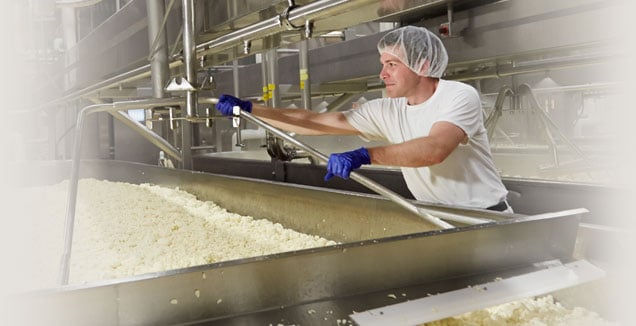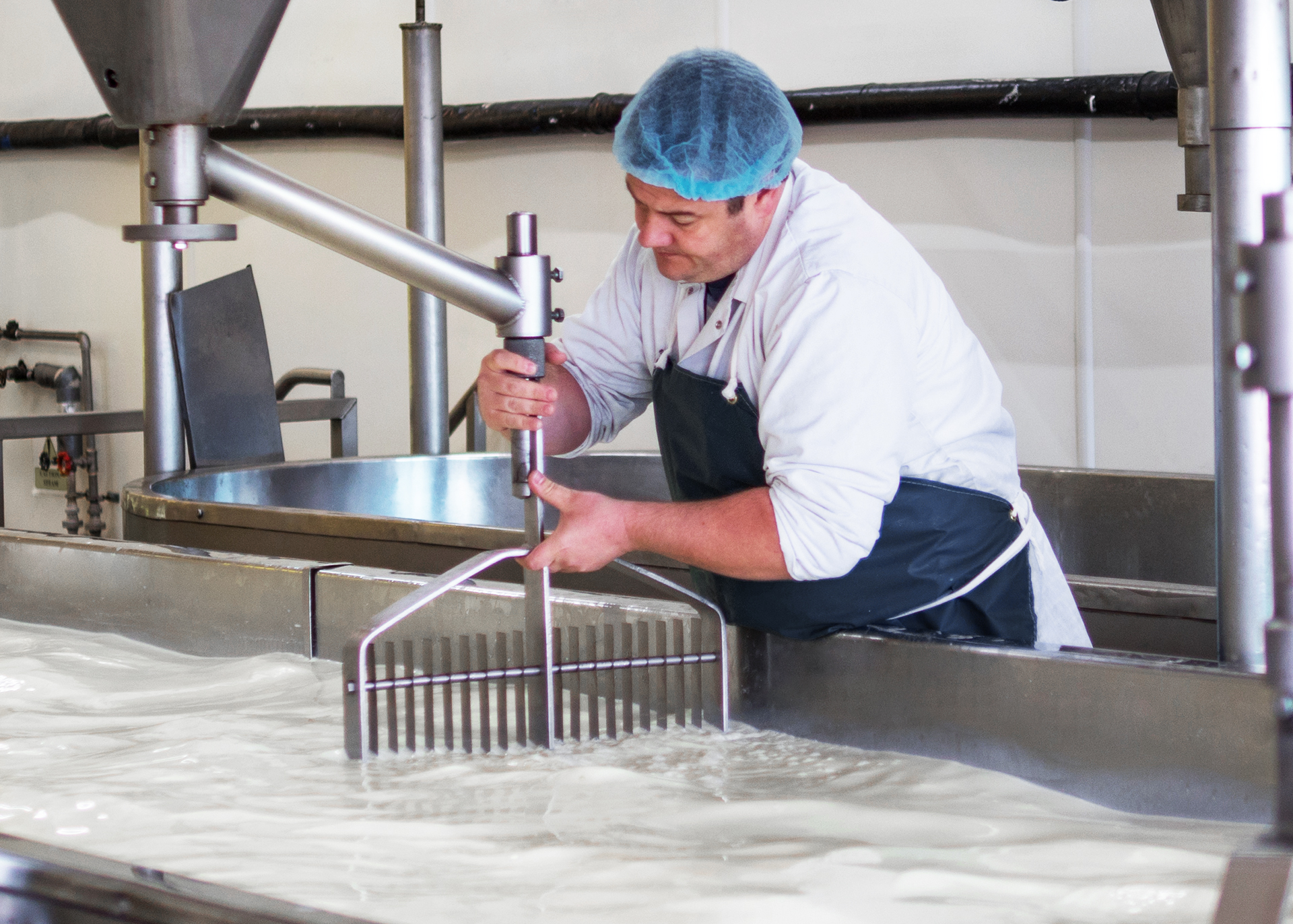See the Premier Cheese Store Melbourne for Gourmet Selections
See the Premier Cheese Store Melbourne for Gourmet Selections
Blog Article
A Thorough Consider Cheese Production: Active Ingredients, Methods, and the Future of Artisan Cheeses
The complex process of cheese manufacturing is a remarkable convergence of art and scientific research, where top notch milk, rennet, and specific microbial cultures function as fundamental elements. Standard techniques, such as salting and aging, are enhanced by contemporary advancements that react to advancing customer preferences. As the market progressively prioritizes sustainability and transparency, the future of artisan cheeses promises to show both heritage and development. Understanding the nuances of these techniques elevates engaging concerns concerning the direction of cheese production and its effects for high quality and credibility. What exists ahead in this advancing landscape?
Key Components in Cheese Manufacturing
A variety of vital components play a crucial function in cheese production, each contributing to the final product's taste, appearance, and character. The key active ingredient in cheese is milk, which can originate from various sources, including cows, goats, and sheep - cheese store melbourne. The kind of milk made use of considerably influences celebrity's taste and uniformity; for circumstances, cow's milk generally generates creamier cheeses, while goat's milk commonly generates tangy ranges
An additional critical active ingredient is rennet, an enzyme made use of to curdle the milk, dividing it right into curds and whey. The resource of rennet can be animal, vegetable, or microbial, each imparting distinct characteristics to celebrity. Societies, consisting of details strains of bacteria, are also integral to the cheese-making process. They ferment lactose into lactic acid, helping in flavor development and appearance.
Salt not only enhances the flavor yet likewise functions as a chemical, preventing the growth of unwanted germs. Additionally, numerous flavor agents, such as herbs, seasonings, or also smoked wood, can be contributed to create unique artisanal cheeses. With each other, these active ingredients develop the foundation of cheese manufacturing, establishing the phase for varied and rich cheese varieties.
Conventional Cheese-Making Methods
Utilizing conventional cheese-making techniques, artisans all over the world preserve time-honored approaches that have been given via generations. These strategies often stress using high-quality, locally sourced milk, which is central to the one-of-a-kind flavors and appearances of artisanal cheeses. The process typically begins with the mindful home heating of milk, complied with by the enhancement of cultures and rennet to assist in coagulation.
As soon as the curds create, they are reduced, permitting whey to drain pipes, a crucial step that affects moisture web content and texture. Salting is an important element of this process, improving taste while also acting as a preservative.
Aging, or affinage, is another crucial element, during which cheeses establish their Full Report particular fragrances and tastes. Artisans may employ particular aging atmospheres, using humidity and temperature level controls to improve celebrity's profile. The commitment to these typical approaches not only supports neighborhood economic climates however also adds to the abundant diversity of cheese varieties located globally, celebrating cultural heritage and artisanal craftsmanship.
Modern Innovations in Cheese Production
Exactly how have technical developments changed cheese manufacturing in current years? The integration of modern-day technology has changed both the effectiveness and top quality of cheese production.
In addition, improvements in microbiology have enabled cheesemakers to select specific bacterial societies and enzymes, maximizing flavor accounts and boosting life span. The usage of sensing unit innovation for keeping an eye on fermentation problems has also ended up being widespread, allowing for real-time modifications to maintain optimal atmospheres for cheese aging.

These advancements not just boost the high quality and sustainability of cheese manufacturing yet likewise empower craftsmen manufacturers to preserve conventional tastes while accepting modern performance. As innovation remains to develop, the future of cheese manufacturing looks appealing, blending practice with advancement.
The Function of Terroir in Cheese
In the realm of cheese manufacturing, terroir plays a critical duty in defining the distinctive qualities of various cheeses. Terroir, a French term traditionally related to red wine, encompasses the ecological factors that affect agricultural items, including soil structure, environment, and regional vegetation and fauna. In cheese-making, the unique features of the region where the milk is sourced can convey specific flavors and textures to the last product.
For example, the grazing problems of dairy products pets considerably affect the milk's structure, influenced by visit homepage the kinds of yards and herbs offered in a particular location. This varies not only between nations yet additionally between regions within the very same nation. Additionally, the microbial neighborhoods existing in the environment contribute to the fermentation procedures, leading to diverse accounts in taste and scent.
Cheeses such as Roquefort, Parmigiano-Reggiano, and Cheddar exemplify exactly how terroir can shape their identifications, making them unique and usually secured by geographical indications. As producers progressively acknowledge the importance of terroir, there is a growing emphasis on sourcing local ingredients and preserving conventional methods, ensuring that each cheese really shows its origin.

Future Patterns in Craftsmen Cheeses
A remarkable shift is occurring in the craftsmen cheese industry, driven by developing consumer choices and technological innovations. Progressively, customers are being attracted toward unique, high-grade products that stress both sustainability and regional sourcing - cheese store melbourne. This trend is prompting artisan cheesemakers to innovate, concentrating on small-batch production and the usage of conventional strategies while integrating modern technology to boost quality and safety and security
Furthermore, there is an expanding rate of interest in plant-based and different dairy products, pressing traditional cheesemakers to check out brand-new avenues, such as cashew or almond-based cheeses. This shift not just deals with nutritional restrictions however additionally aligns with ecological worries regarding animal farming.
In addition, transparency in sourcing and manufacturing processes is coming to be critical. Consumers are extra informed and demand traceability, motivating manufacturers to embrace clearer labeling practices and take part in narration that highlights their approaches and worths.
Final Thought
Finally, the complex procedure of cheese manufacturing melds standard strategies with modern-day developments, leading to a diverse range of flavors and appearances. The emphasis on top quality components and the influence of terroir highlight the creativity associated with cheese production. As the market progresses, an emphasis on sustainability and openness will likely shape the future of artisan cheeses, catering navigate here to a progressively discerning customer base that values authenticity and craftsmanship in milk items.
Report this page